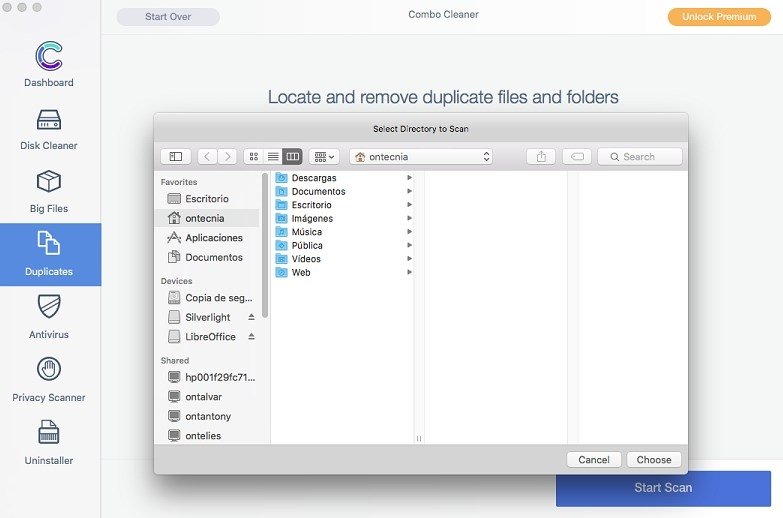

Early in the pandemic, an unspoken rule - thou shalt not question the costs - sprang up and stifled discourse. It should have been socially acceptable to debate the merits of these tradeoffs, with nuance and without censure. And the results are in. “It’s far past time we ask ourselves when abundance really means excess, when our precautionary measures against Covid have gone too far, when we have ignored the costs and lost all sense of proportionality.” Unfortunately, the precautionary mindset–which is always rooted in fear of the unknown–took control. Bauer notes that this is basically what we did during COVID. The opportunity cost of inaction or stasis can be hard to quantify but imagine if we organized our entire society around a rigid application of the precautionary principle. To get to the good parts of life, we need to accept some risk.Īs I argued in a book on these issues, the root problem with precautionary principle thinking is that “living in constant fear of worst-case scenarios-and premising public policy on them-means that best-case scenarios will never come about.” If societal attitudes and public policy will not tolerate the idea of any error resulting from experimentation with new and better ways of doing things, then we will obviously not get many new and better things! Scientist Martin Rees refers to this truism about the precautionary principle as “ the hidden cost of saying no.” Used too liberally, the precautionary principle can keep us stuck in a state of extreme risk-aversion, leading to cumbersome policies that weigh down our lives. “Caution makes sense except when it doesn’t,” Bauer notes. Progress becomes harder because there can be no reward without some risk. This sets up the potential for stasis and stagnation as societal learning is severely curtailed. Here we get to the true danger of strict versions of the precautionary principle: It essentially becomes a crime to get off the fence and do anything risky at all. As Wilbur Wright once famously said, “If you are looking for perfect safety, you would do well to sit on a fence and watch the birds.” Needless to say, humans would have never mastered the skies if the Wright brothers (and many others) had not gotten off the fence and taken the risks they did. Better to be safe than sorry! Thankfully, many brave souls ignored that advice and took the heavens in the spirit of exploration and adventure.

A strict application of the precautionary principle would have instead told us we should keep our feet on the ground.

This was equally true when humans first decided to take to the air in balloons, blimps, airplanes, and rockets. But historically, captains have also taken to the seas as pioneering explorers, researchers, or even just thrill-seekers. Most obviously, it might be how they make their living.

The safety of the vessel and the crew is essential, of course, but captains brave the high seas because there are good reasons to take such risks. Of course, that is not the only goal of a captain has. Thomas Aquinas, who once noted in his Summa Theologica that, if the highest aim of a captain were merely to preserve their ship, then they would simply keep it in port forever. In my own writing about the problems associated with the precautionary principle (see list of essays at bottom), I often like to paraphrase an ancient nugget of wisdom from St. Indeed, another way to look at it is through the prism of the old saying, “better to be safe than sorry.” The problem, she correctly observes, is that, “extreme caution comes at a cost.” This is exactly right and it points to the profound trade-offs associated with precautionary principle thinking in practice. “The phrase ‘abundance of caution’ captures the precautionary principle in a more literary way,” Bauer notes. In an essay for The New Atlantis entitled, “ Danger: Caution Ahead,” Bauer uses the world’s recent experiences with COVID lockdowns as the backdrop for how society can sometimes take extreme caution too far, and create more serious dangers in the process. Innovations are restricted until their creators can prove that they will not cause any harms or disruptions. The precautionary principle, you will recall, generally refers to public policies that limit or even prohibit trial-and-error experimentation and risk-taking. Gabrielle Bauer, a Toronto-based medical writer, has just published one of the most concise explanations of what’s wrong with the precautionary principle that I have ever read.


 0 kommentar(er)
0 kommentar(er)
